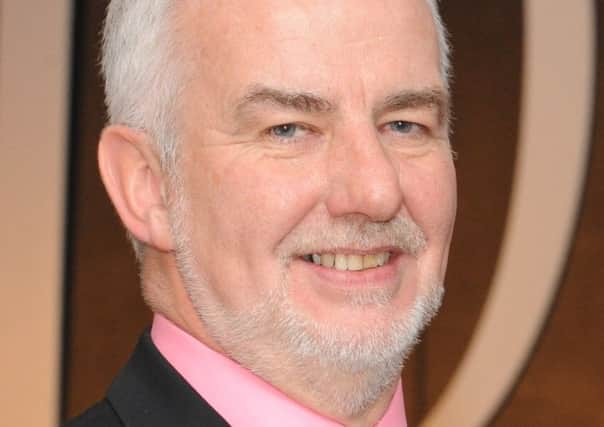David Watt: Unemployment may be up, but so are our prospects


Of course, it wasn’t a great story, but it was merely a snapshot in time. The big picture tells us that we should still be heading towards 2016 with a positive outlook.
It was not a surprise that Scotland’s unemployment rate grew a bit this year after the giddy heights of 2014 with Commonwealth Games, Ryder Cup and even the independence referendum having a marked impact on the economic activity in the country.
Advertisement
Hide AdAdvertisement
Hide AdThere are a number of factors at play in the growth of the number of people out of work and a key one must be the decline in activity in and around the North Sea oil and gas industry – not just in the north-east of Scotland but in the substantial supply chain which exists all across the country. This is bound to have affected many engineering businesses in particular, but even many companies in support services like catering, marketing, HR and recruitment have seen significant challenges.
Add to that the increasing reduction of public sector budgets – with more to come – and one in four of the Scottish workforce being employed there and it is easy to see why the trends are going the wrong way. If public bodies are losing people (and they are), then they are not being replaced. The moves around the unified police and fire services, as well as college restructures have been financially motivated as well as for efficiency. Savings and efficiencies in such services inevitably come at the cost of employing fewer people.
We – in the private sector as well as government – need to look for new opportunities to grow the jobs market. For example, building houses at the bottom end of the market or retraining people to fill IT specialist shortages. We can’t sit around and blame world markets – it is our responsibility, and challenge, to find new markets and develop relevant products and services, in particular for export – then we will see a turnaround in these disappointing and individually damaging figures.
I have to say that as I speak to business people, as I do daily, I don’t see a depth of gloom and despair – in fact quite the opposite. The positive business conversations I have far outweigh any pessimism. Even in the “first to get cut” spaces of marketing and training, business leaders are upbeat and busy.
There continues to be almost daily inward investment. Just look at Charlotte Square in Edinburgh, which is witness to high-end property filling quickly with fund managers and finance houses – again, positive from an economic and employment perspective.
Certainly this is high-end stuff, and probably not where the problem lies. We need more opportunities brought nearer to those farthest from the workforce, and intensive skills training for those seeking a job in a fast-changing market. We need continued focus on infrastructure and connectivity, especially broadband – coupled with a commitment to fully use it – and a planning system which encourages growth, not prevents it.
We certainly need a climate of wealth and job creation as opposed to dependency. It is clear that there is lots to do and it needs done soon.
• David Watt is executive director of the Institute of Directors in Scotland